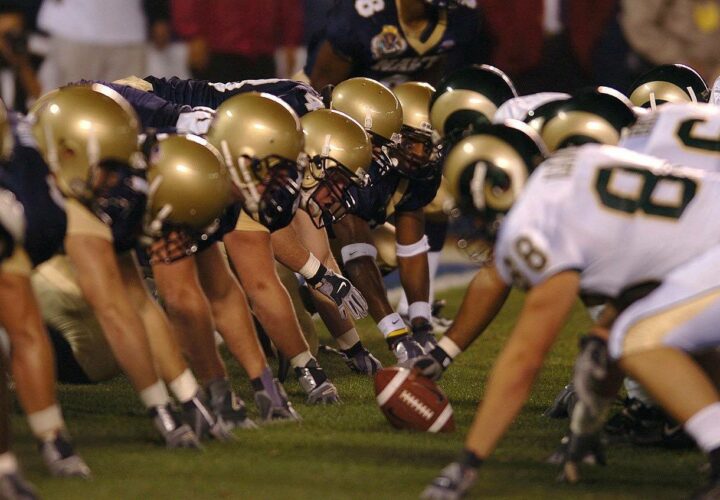A randomized controlled trial showed that limiting the use of electronic devices in the first two days following a concussion is associated with a quicker recovery time.
After sustaining a concussion, one question that’s often top of mind for patients and families is whether screen time is permitted. Erring on the side of caution, many clinicians advise against using electronic devices. Others may recommend limited use of certain types of devices, if tolerated. But data behind the link between screen use and concussion recovery is limited, and there has been a lack of guidance for clinicians about the extent to which electronic screens should be restricted.
Researchers carried out a randomized controlled trial to address this gap. They recently found that adolescents and young adults who abstained from screen time in the first 48 hours after sustaining concussion recovered faster than those who did not limit their screen use.
The study’s lead author, Dr. Theodore Macnow, said the team’s findings provide empirical evidence for what many clinicians have assumed: that using electronic screens could be harmful for patients who are recovering from a concussion.
“I think a lot of people suspected that screen time probably has a negative effect,” Macnow, a pediatric emergency physician at the University of Massachusetts Memorial Children’s Medical Center, told Being Patient, “but we [have been] all over the map on our recommendations with how much specific screen time and [whether] certain types of screen time would be appropriate.”
Macnow noted that the study’s main takeaway for clinicians would be to “recommend against screen time for the first 48 hours after a concussion.”
For the study, published in JAMA Pediatrics, Macnow and colleagues enrolled 125 patients who were admitted to the University of Massachusetts Memorial Medical Center’s pediatric and adult emergency departments within 24 hours of sustaining their concussions, most of which occurred in sports activities.
The participants, aged 12 to 25, were randomized into two groups. For the control group, the study’s staff instructed the participants that they could use any electronic screens for the first 48 hours after discharge, if tolerated. Those in the second group were told to abstain from any screen use during the same period. Staff members also advised all patients to avoid work or school.
The participants completed a 22-symptom scale, which assesses for the severity and frequency of concussion symptoms, during enrollment and daily over the 10-day study period. They also completed surveys about their screen time for the first three days after discharge and surveys about their activities from days four to 10.
The researchers found that participants in the control group experienced concussion symptoms for significantly longer than the group that abstained from screen time. In particular, it took patients in the control group a median of eight days to recover, compared to 3.5 days for the group of patients that limited their screen time.
While it remains unclear why screen use is associated with recovery from concussion symptoms, Macnow hypothesized that light stimulation or cognitive burden from screen time may exacerbate these symptoms.
Further, he noted that screen use may take time away from activities like sleep, which is associated with recovery from concussion symptoms, though the study did not find a difference in sleep duration between the two groups of participants.
Moving forward, Macnow and colleagues wrote that clinical trials with larger and more diverse populations should be conducted to examine whether the recent trial’s results are replicable across multiple study sites. Studying the impacts of various forms of screen use — like gaming and watching television — as well as longer limits to screen time, would also be worthwhile, he said.
Dr. Sara Chrisman, an associate professor in adolescent medicine at the University of Washington and Seattle Children’s Research Institute, agreed, writing in an accompanying editorial that further research is needed to “explore the ideal duration of screen time limits, the effect of different types of screen use, and the etiologic factors associated with these detrimental effects.”
In the meantime, Chrisman, who was not involved in the study, said the research offers clinicians a “solid footing for recommending screen time limitations after concussion, an essential buttress for parents battling with teens about screen use.”



